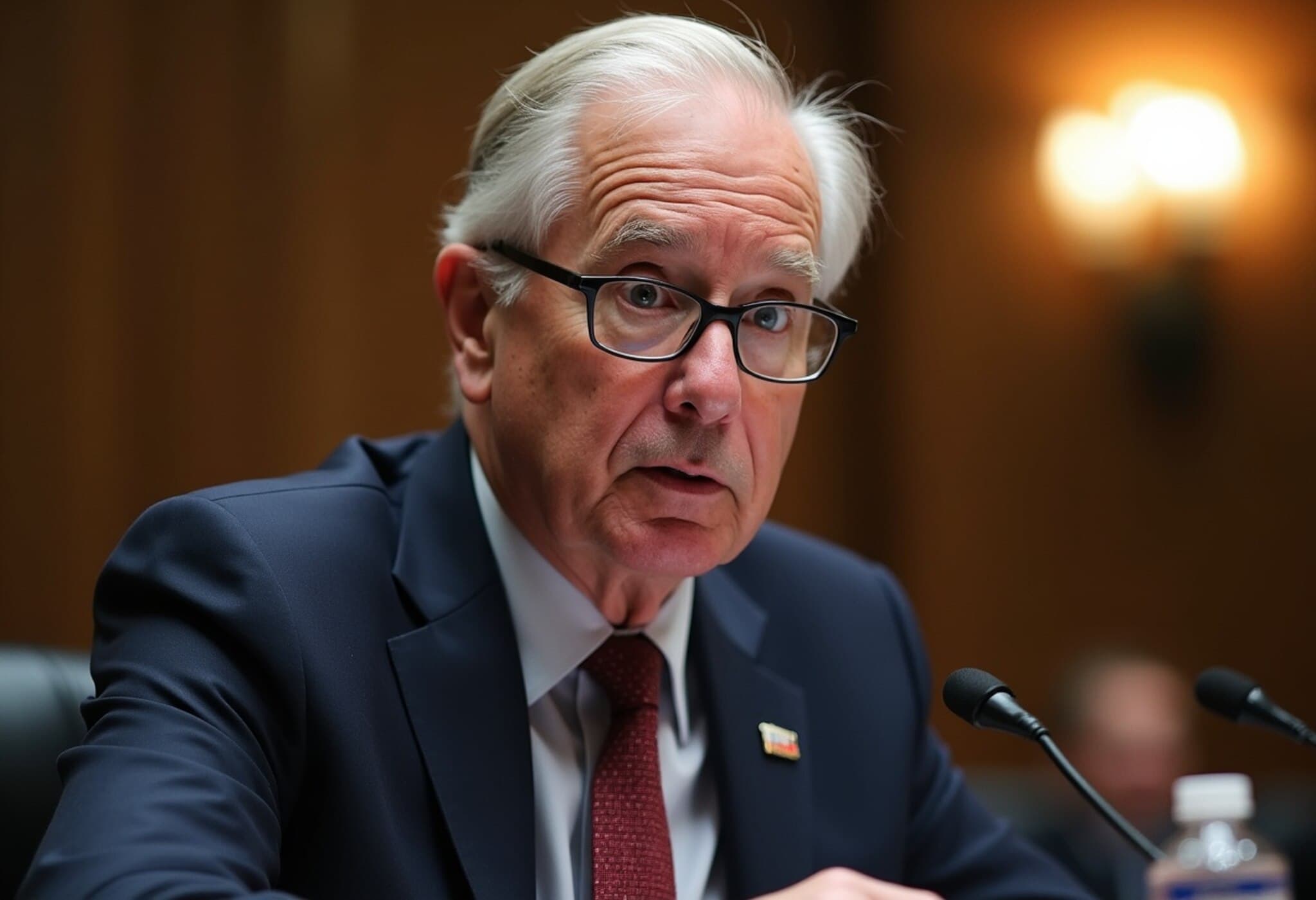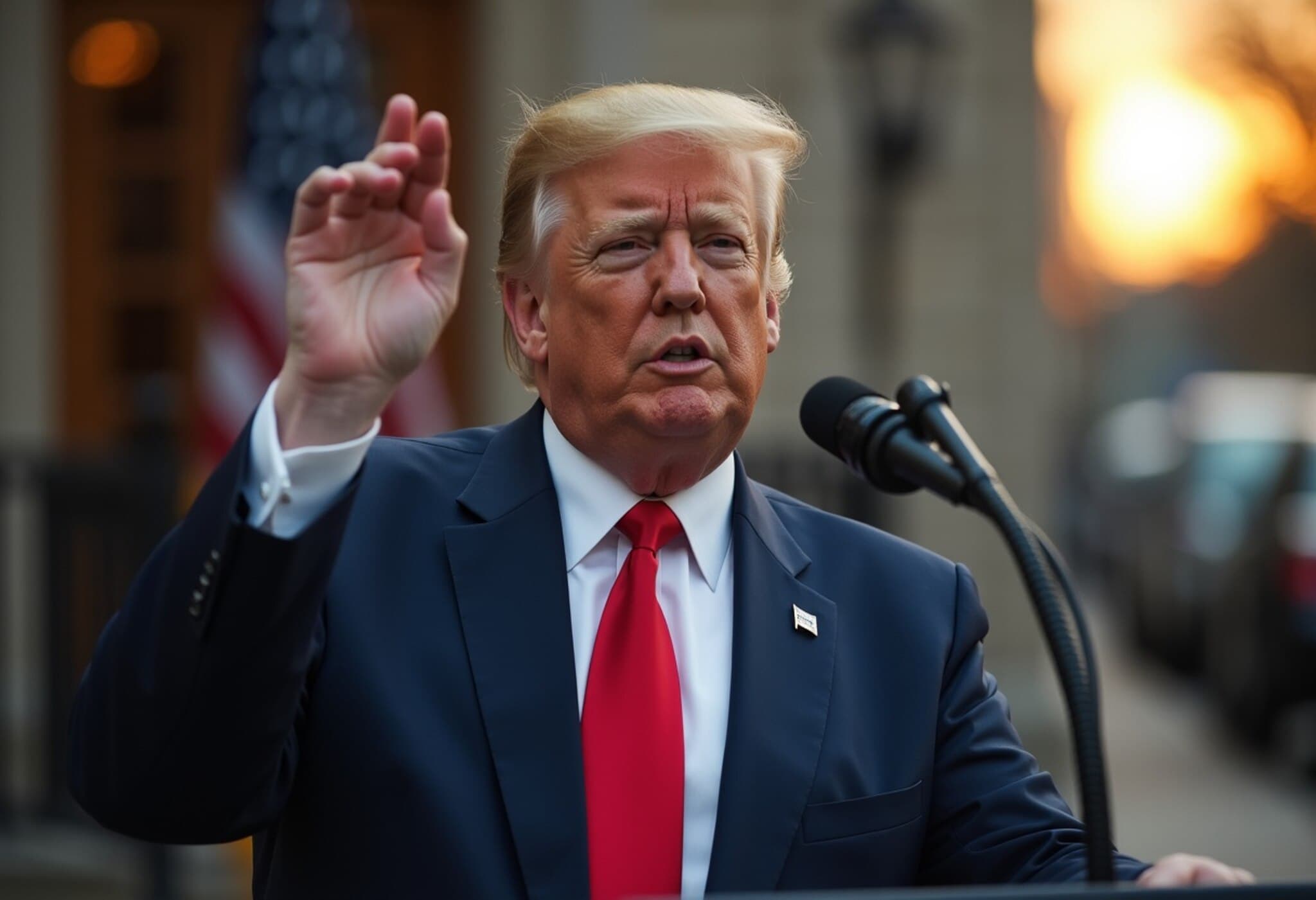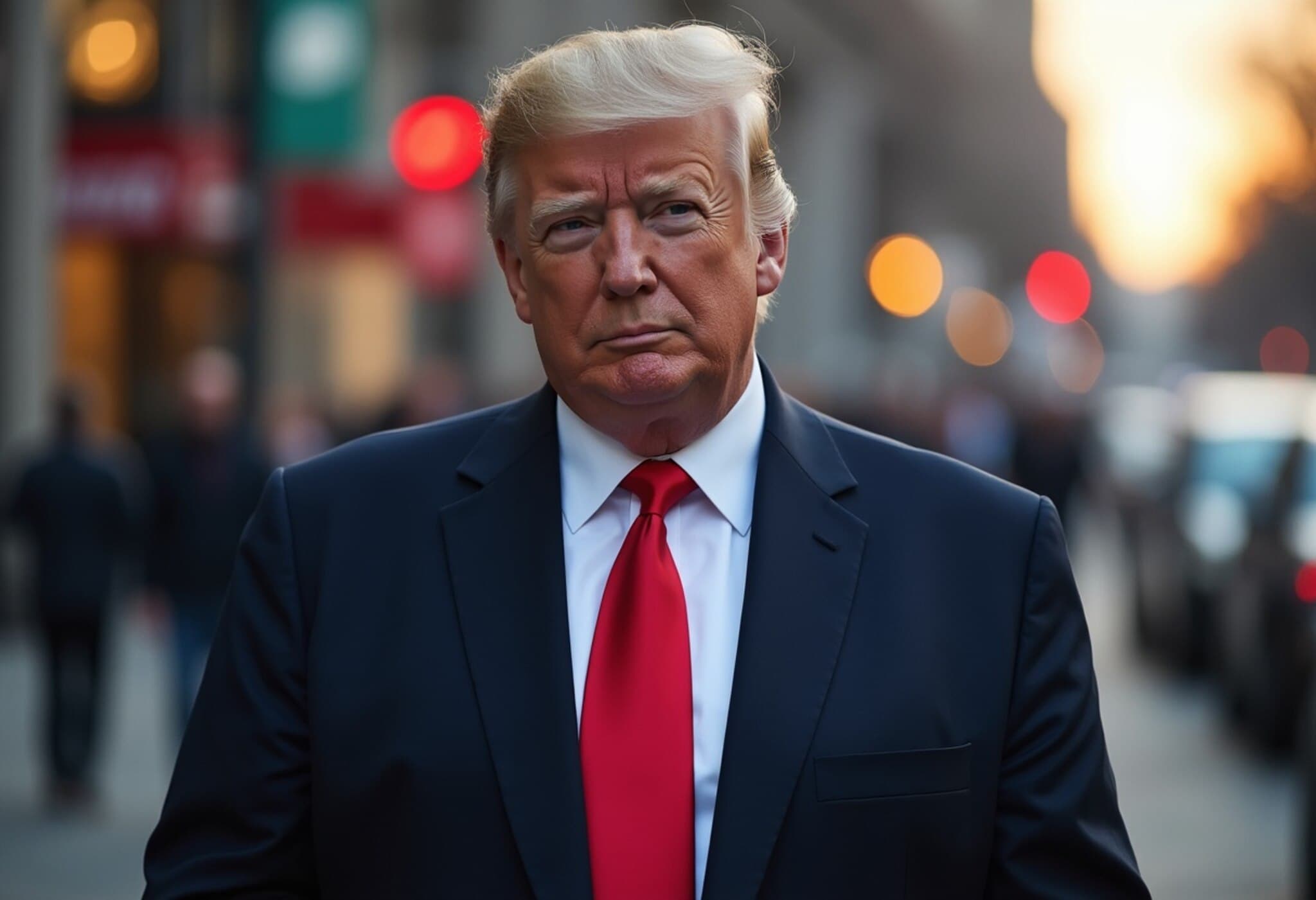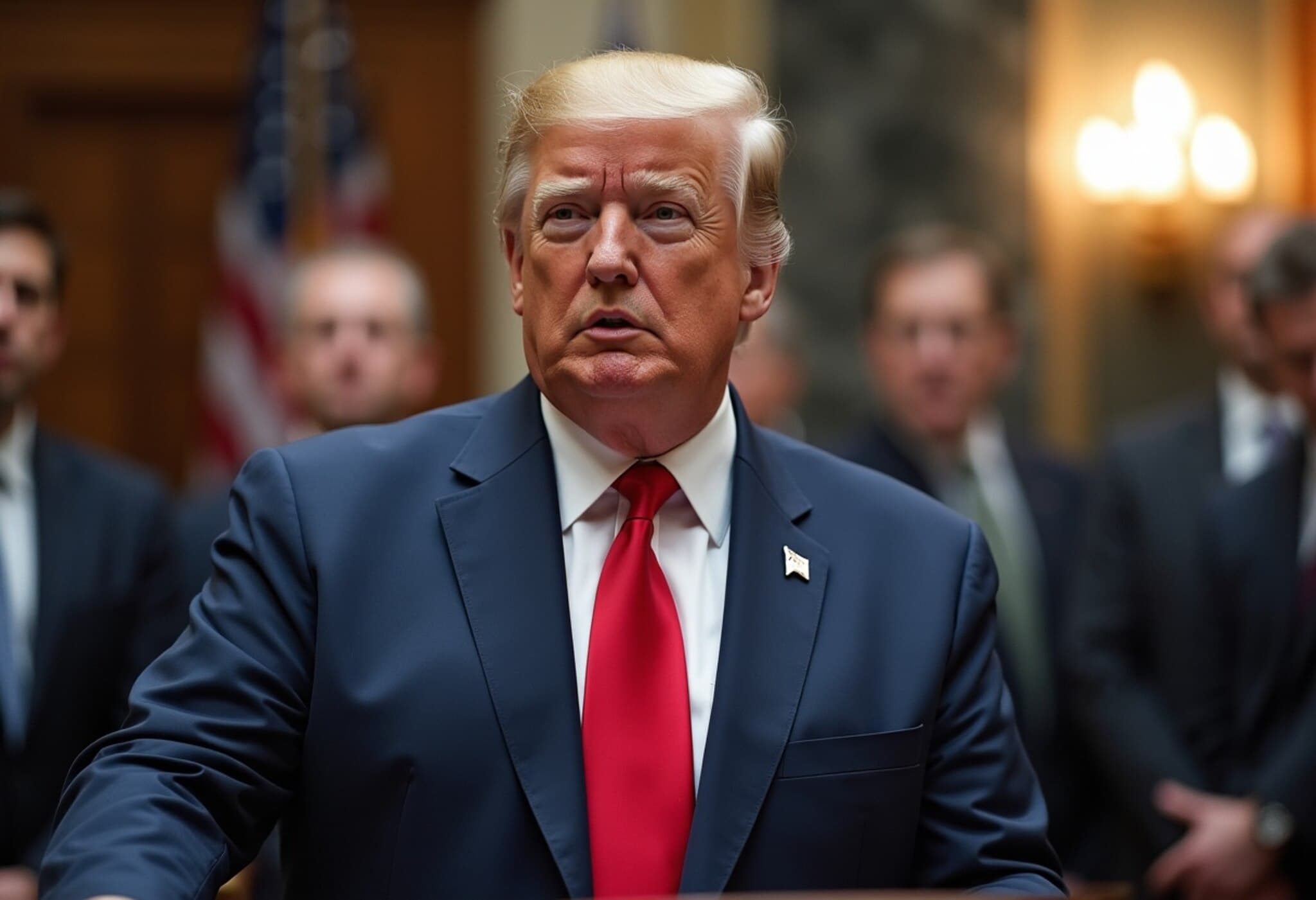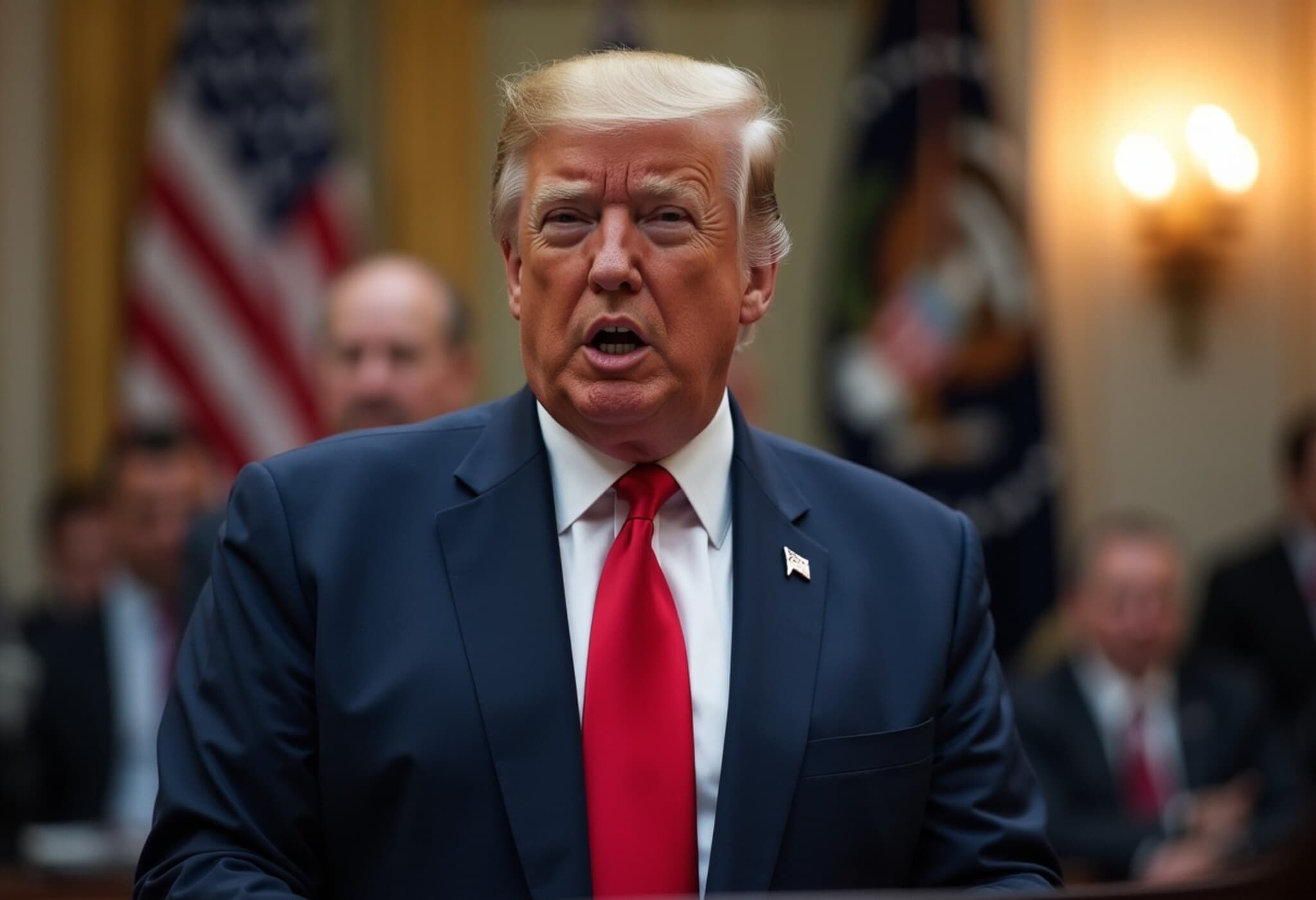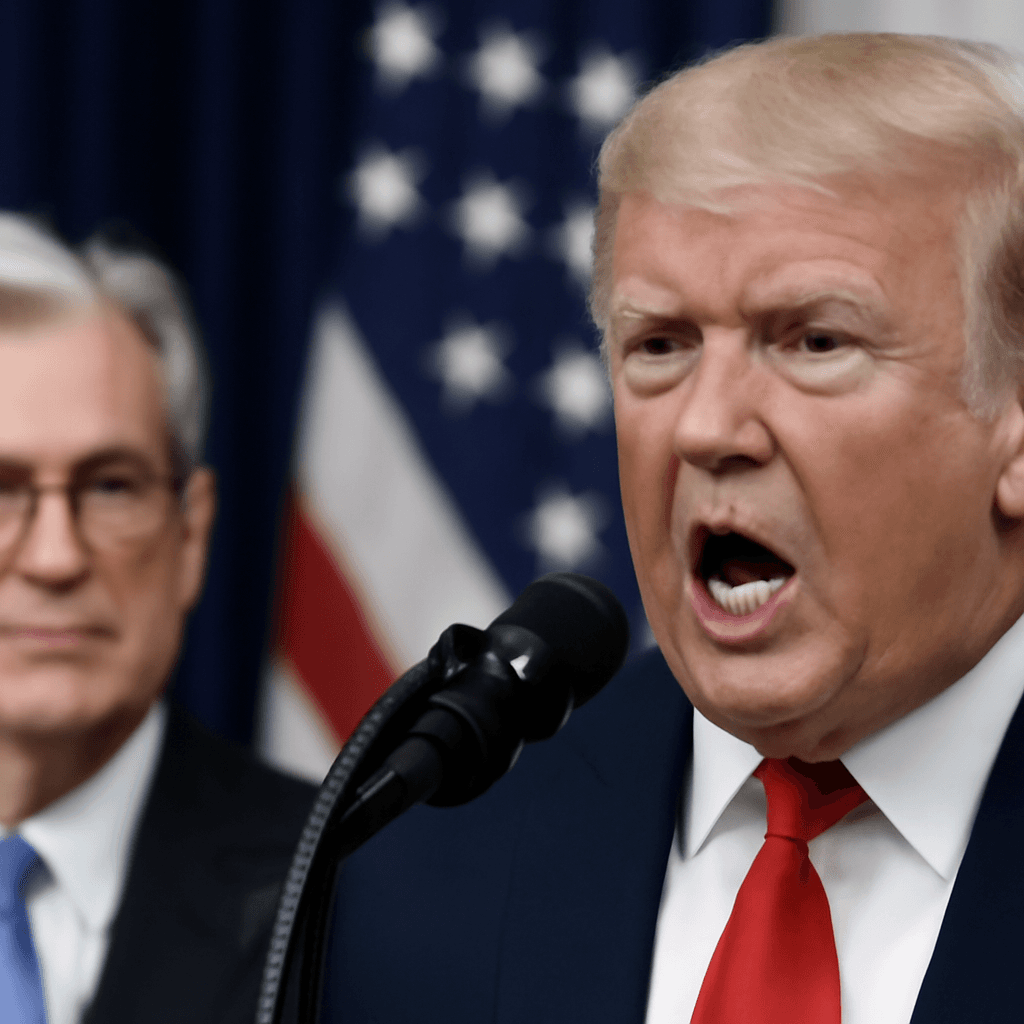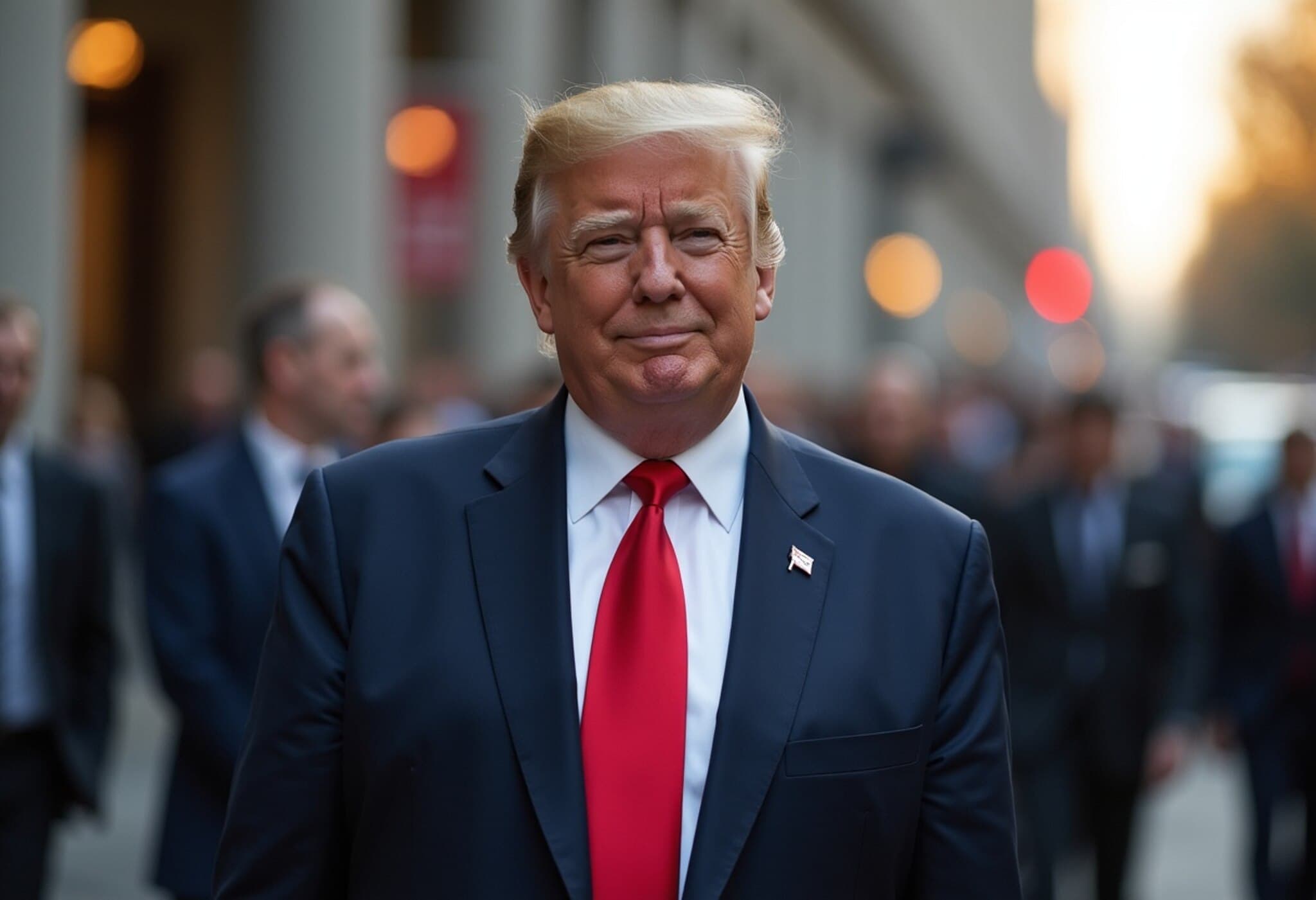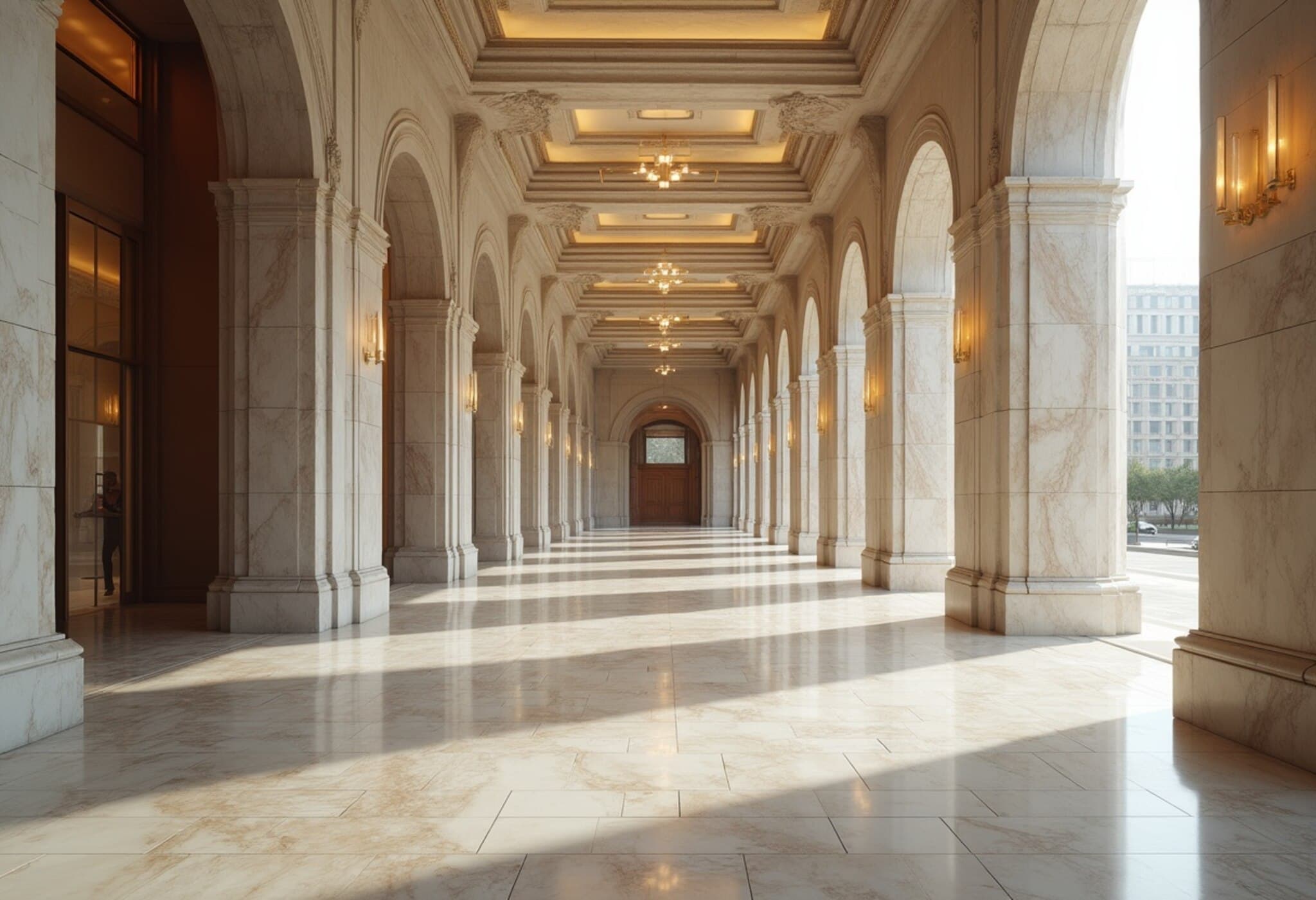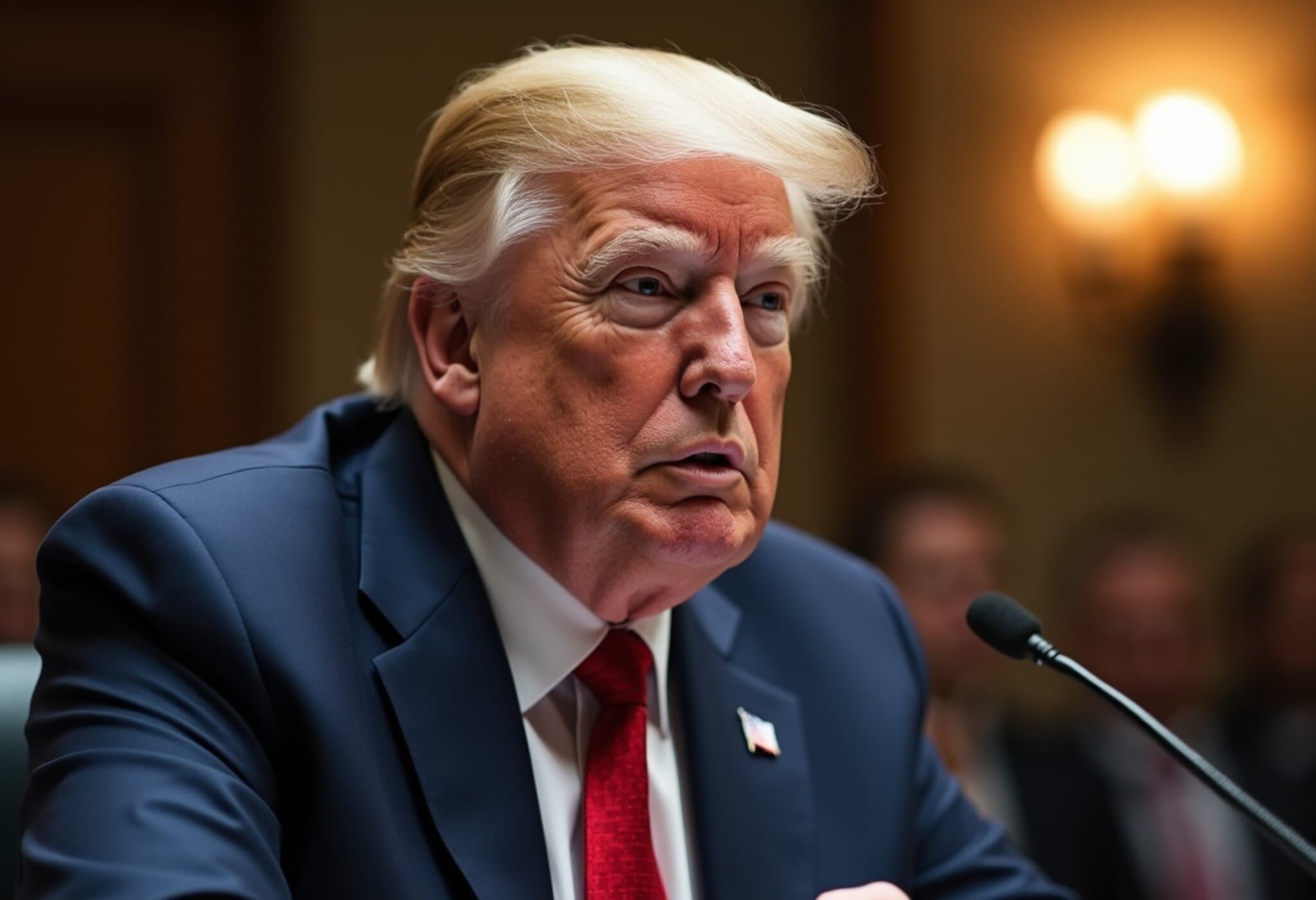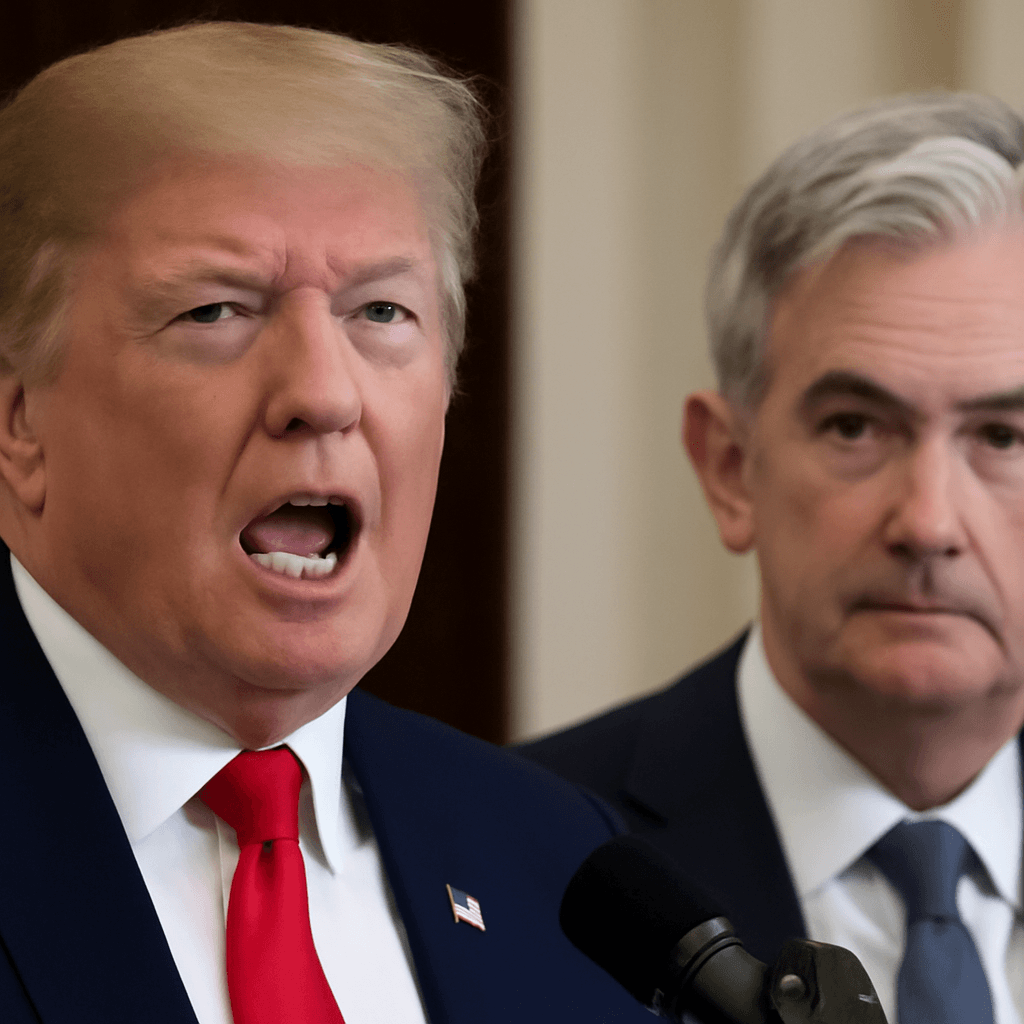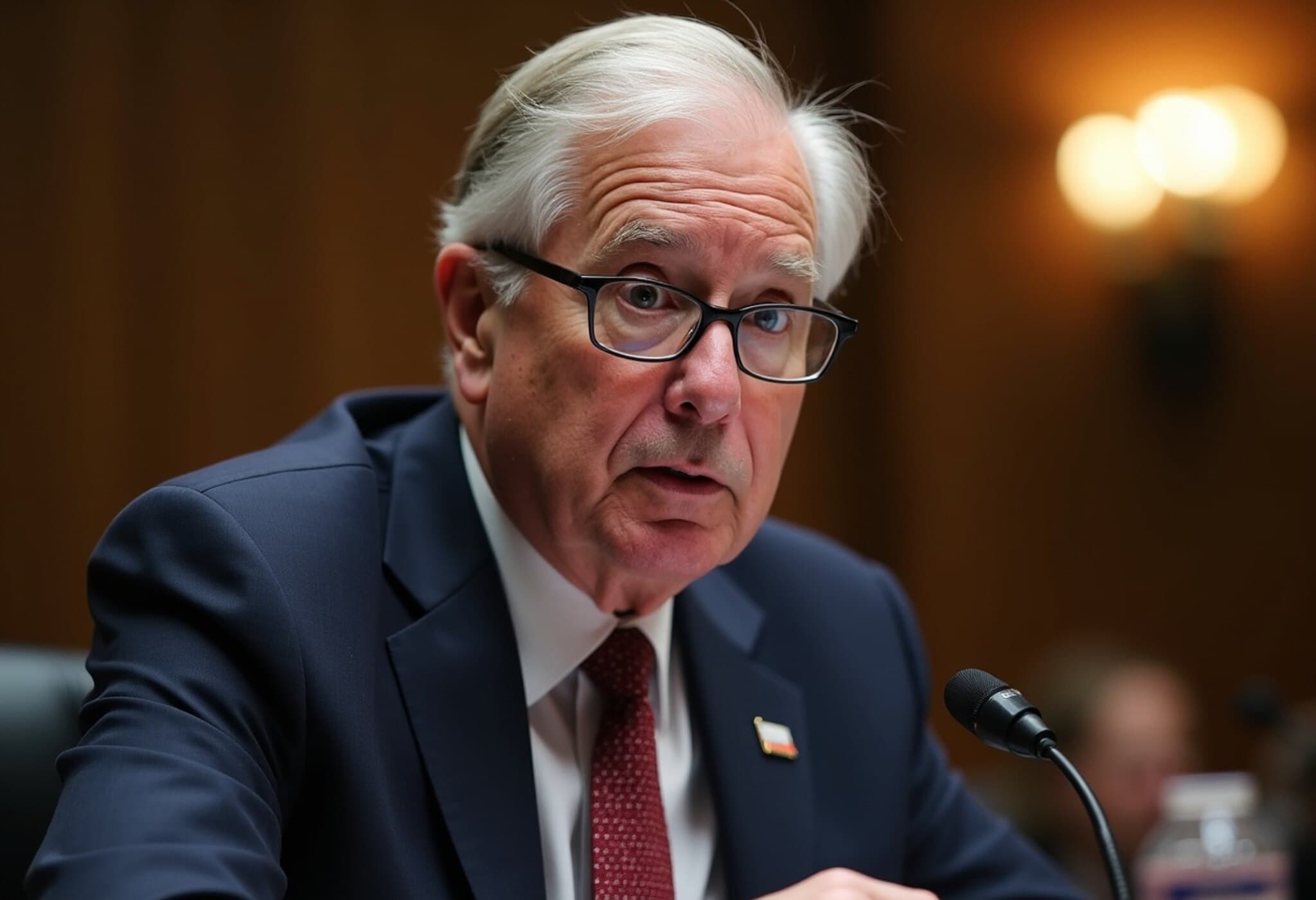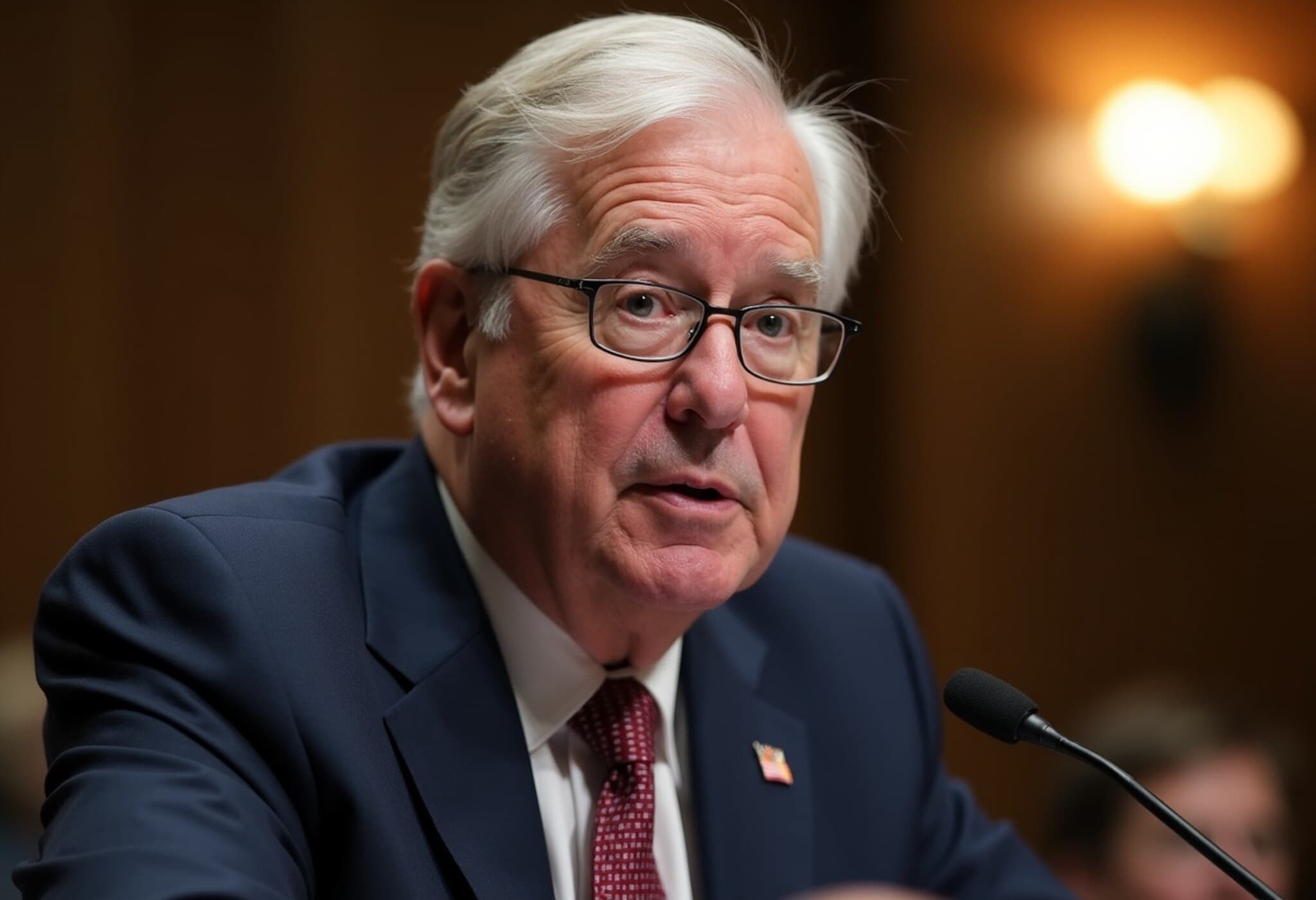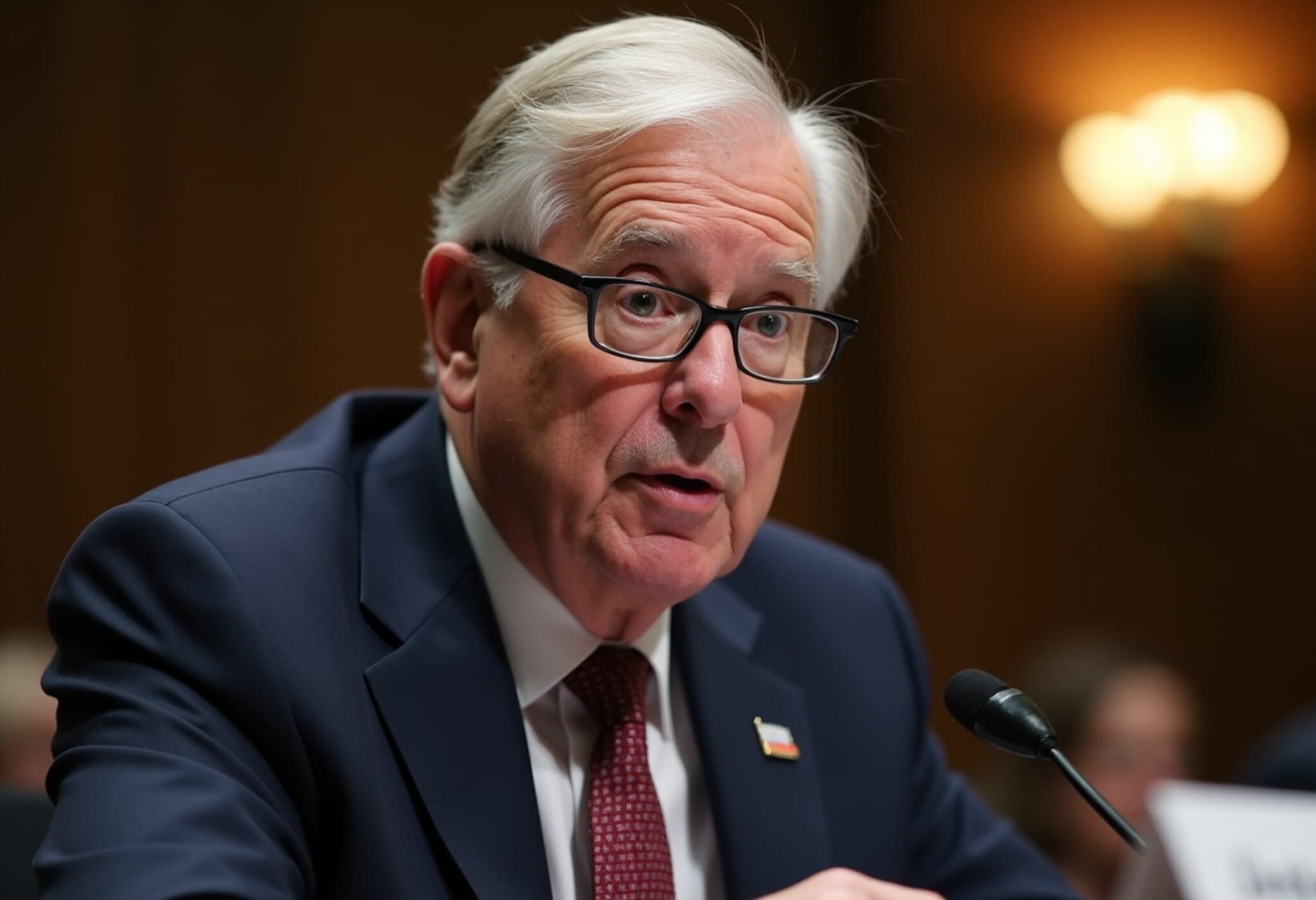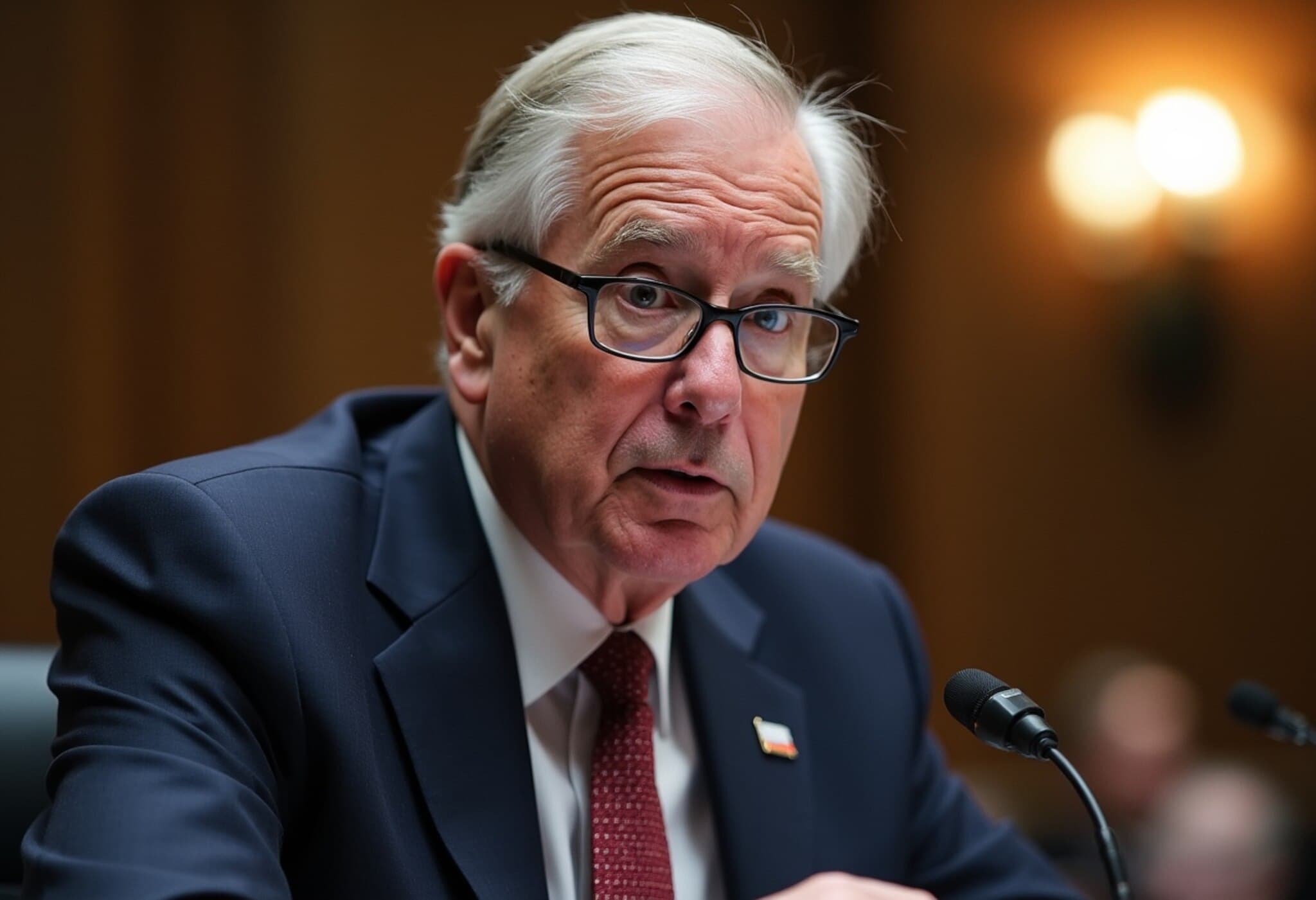Fed Chair Jerome Powell Responds to White House on Fed HQ Renovation Overruns
In the latest twist of the ongoing tensions between the Federal Reserve and the White House, Federal Reserve Chairman Jerome Powell formally responded on July 17, 2025, to a sharply worded letter from Russell Vought, Director of the White House Office of Management and Budget (OMB). The correspondence centers around the escalating costs and details of the Federal Reserve’s headquarters renovation in Washington, D.C.
Background: Presidential Pressure Mounts Amid Interest Rate Disputes
The dialogue unfolds against the backdrop of President Donald Trump’s rising frustration with Powell’s refusal to rapidly cut interest rates, which has sparked a months-long campaign from the White House to push Powell out of his position. The July 10 letter from Vought not only questioned the Fed’s fiscal management of its building project but also insinuated mismanagement and possible misinformation provided to Congress.
Powell’s Measured and Transparent Reply
Rather than mirror the confrontational tone of Vought’s letter, Powell took a professional and transparent approach in his response. Emphasizing accountability, he pointed to a newly launched public website dedicated to answering questions about the renovation, aiming to enhance transparency around the project.
Powell firmly denied allegations that the renovation included extravagant features such as private elevators, VIP lunch rooms, or rooftop gardens — claims that had fueled criticism from the White House.
He also clarified the role of the National Capital Planning Commission (NCPC), explaining that while the Federal Reserve is not legally bound by the NCPC’s directives regarding its building projects, it voluntarily engaged with the commission to benefit from collaborative oversight early in the renovation process.
"Although the Board is not generally subject to the direction of NCPC with respect to its building projects, we voluntarily collaborated with the NCPC and benefitted from robust and collaborative engagement with the commission in earlier stages of the project," Powell wrote.
Cost Overruns and Accountability
Powell acknowledged that the renovation has exceeded its original budget, attributing overruns to unforeseen complexities and necessary upgrades to ensure the federal building meets today’s safety, security, and technological standards. This pragmatic explanation provides some context to the financial concerns raised but stops short of satisfying critics who see the cost as emblematic of poor fiscal stewardship.
White House and Congressional Next Steps
The White House remains unsatisfied by Powell’s explanations. On the same day as Powell’s reply, Vought announced plans to personally inspect the renovation site to get firsthand insight into the project’s progress and expenditure.
Adding to the pressure, Republican Representative Anna Paulina Luna of Florida publicly stated her intention to petition the Department of Justice to investigate whether Powell’s testimony to Congress regarding the renovation was truthful.
Expert Perspective: Navigating Political Crosswinds and Federal Accountability
This confrontation over a building renovation might seem minor at first glance, but it underscores the fraught intersection between independent central banking and political pressure. The Federal Reserve’s autonomy is critical for stable economic policymaking, yet transparency and prudent resource management remain indispensable for maintaining public trust.
Experts highlight the delicate balance Powell must maintain: addressing congressional and public concerns over the renovation while resisting overt politicization of the Fed’s decision-making processes, especially amid contentious economic policy debates.
Moreover, this episode shines a light on how infrastructure projects, even in federal agencies, can become symbolic battlegrounds in broader political struggles. How the Fed handles these challenges may set precedents for future interactions between independent institutions and political oversight.
What to Watch Next
- White House OMB Director Russell Vought’s upcoming site visit outcomes and public comments.
- Any DOJ response to Rep. Luna’s request for an investigation.
- Federal Reserve communications aiming to further clarify renovation costs and timelines.
- Potential shifts in the ongoing political campaign around Powell’s Fed leadership amid economic pressures.
Editor’s Note
The Fed headquarters renovation saga is more than just a story about costs and construction — it is a revealing microcosm of the tensions surrounding central bank independence, federal accountability, and political pressure in today’s hyper-partisan environment. As the White House intensifies its scrutiny of Fed actions, the balance between transparency and autonomy becomes ever more crucial. Readers should watch closely how this situation evolves, as it may signal broader questions about the role and resilience of independent institutions in shaping U.S. economic policy.

